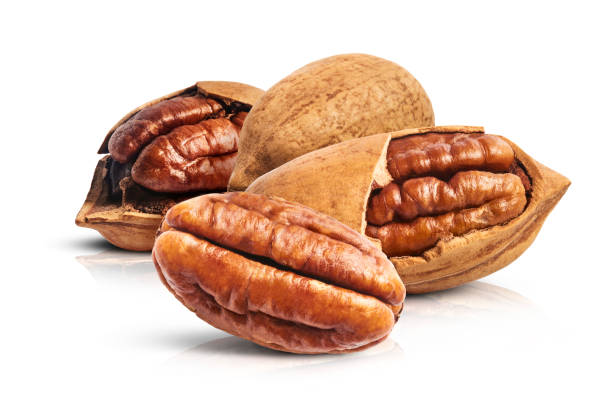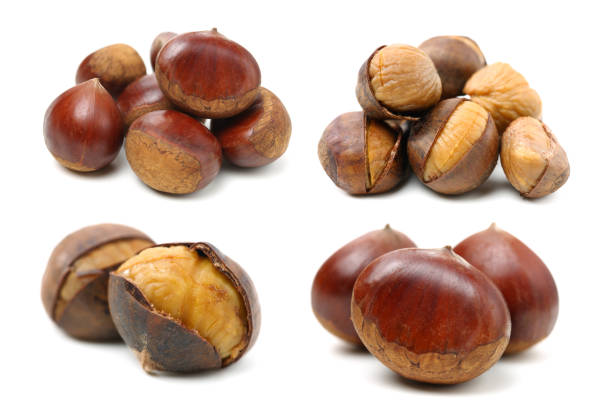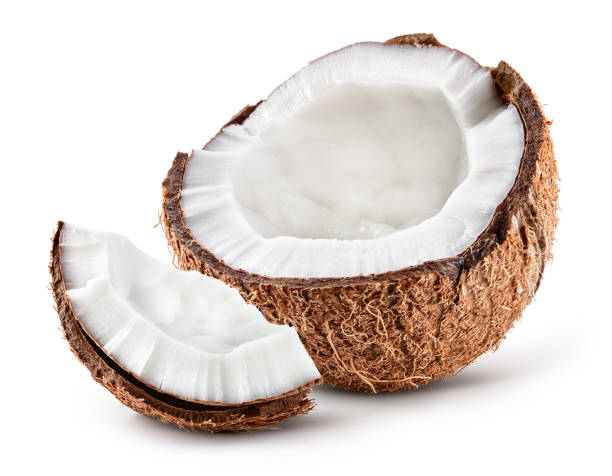Pecans, renowned for their rich, buttery flavor and crunchy texture, emerge not only as a culinary delight but also as a nutritional treasure trove. As a versatile nut often enjoyed in various dishes or as a standalone snack, pecans offer a plethora of essential nutrients and healthful components that contribute to overall well-being.
Heart-Healthy Monounsaturated Fats:
Pecans are abundant in heart-healthy monounsaturated fats, particularly oleic acid. These fats play a crucial role in supporting cardiovascular health by helping manage cholesterol levels and reducing the risk of heart disease. Incorporating pecans into a balanced diet provides a source of beneficial fats that contribute to overall heart well-being.
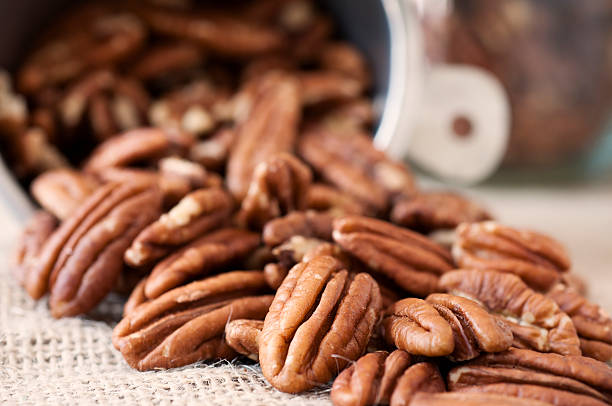
Rich Source of Dietary Fiber:
Pecans are a noteworthy source of dietary fiber, comprising both soluble and insoluble fibers. This fiber content is instrumental in promoting digestive health by preventing constipation, supporting a healthy gut microbiome, and contributing to a feeling of fullness. The fiber in pecans aids in maintaining a well-functioning digestive system and supports weight management.
Plant-Powered Protein:
Pecans contribute to the protein content in a diet, providing a plant-based protein source. Protein is essential for various physiological functions, including muscle repair, immune support, and the synthesis of enzymes and hormones. Incorporating pecans into meals or snacks adds to the protein diversity in one’s nutritional intake.

Essential Micronutrients (Vitamins and Minerals):
Pecans offer a spectrum of essential micronutrients, including vitamin E, which acts as an antioxidant, protecting cells from oxidative stress. Additionally, pecans provide minerals such as manganese, which supports bone health and the metabolism of carbohydrates and fats. The diverse micronutrient profile in pecans contributes to overall physiological well-being.
Antioxidant Properties:
Pecans contain antioxidants, including phenolic compounds and flavonoids. These antioxidants play a crucial role in neutralizing free radicals, reducing inflammation, and potentially preventing chronic diseases. The presence of antioxidants in pecans adds to their healthful properties, supporting cellular health and contributing to overall longevity.
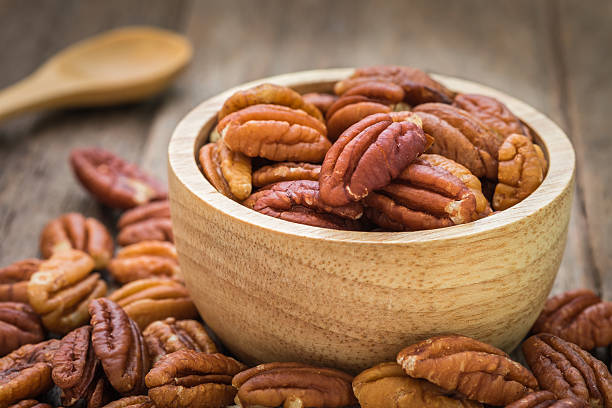
Potential Blood Sugar Regulation:
Research suggests that the consumption of pecans may have positive effects on blood sugar regulation. The combination of healthy fats, fiber, and protein in pecans can contribute to stabilized blood glucose levels, making them a favorable choice for those concerned about managing blood sugar.
Versatility in Culinary Applications:
Pecans’ culinary versatility extends from being enjoyed as a snack in their raw or roasted form to being incorporated into various dishes. Whether used in salads, baked goods, or as a topping for cereals and yogurt, pecans enhance the flavor and nutritional profile of a wide range of culinary creations.
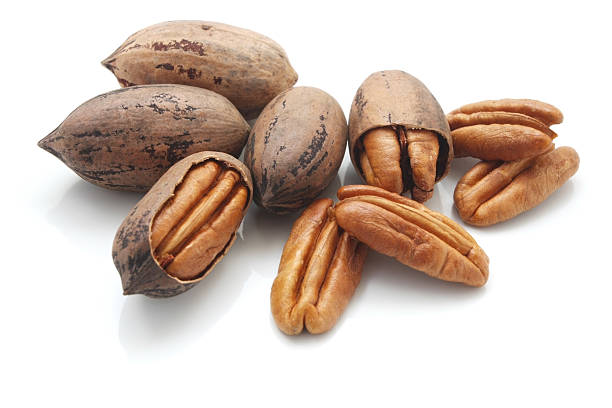
In conclusion, pecans, with their heart-healthy fats, fiber richness, and diverse nutrient composition, stand as a nutritional gem in the realm of nuts. As we appreciate their crunch and savor their distinct flavor, we partake in a journey that celebrates not only the delicious taste but also the healthful benefits of pecans. From supporting heart health to providing essential nutrients, pecans remain a symbol of both culinary delight and nutritional abundance in the diverse and flavorful landscape of global cuisine.

